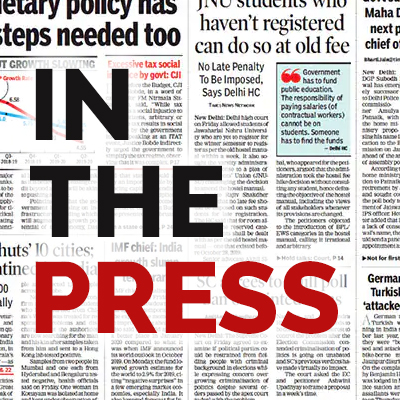UK marriage law is out of step with the times

The British Sikh men trying to stop women marrying outside their religion
October 4, 2015
Remembering the victims of honour killings
July 8, 2016
UK marriage law is out of step with the times
The Law Commission is planning to reform outdated legislation that – among its inconsistencies – allows those of some faiths to marry outdoors, but not others
Joshua Rozenberg
Thu 17 Dec 2015
One of the privileges of being Jewish is that we can marry other Jews anywhere in England and Wales, at any time of the day or night. Open-air weddings can be particularly attractive – so much so that there is a growing demand from non-Jewish people, of other faiths or none, for weddings to be held outdoors.
Although Jews and Quakers have been able to marry according to their own rites since the 17th century, everyone else must marry indoors. To get round this requirement, an increasing number of venues seat the guests in a park or garden while the formalities are conducted in structures such as bandstands, garden pergolas and, in one case, a beach hut. A nature reserve that’s registered for weddings offers to conduct the ceremony in a hide. Some provide teepees and one uses a “growing arbour”.
The Law Commission, which advises the government on reform, has understandably concluded that marriage laws no longer meet the needs of our time. The legislation was last modernised in 1836 and some aspects of it, such as the calling of the banns in church, date back as far as the 12th century.
The commission’s aim is to devise new laws that provide certainty and simplicity; that ensure fairness and equality; that protect the state’s interest; and that respect the wishes and beliefs of those who marry. At this stage, though, it is not recommending specific changes, even on a provisional basis, although it is ruling out making everyone undergo a civil marriage, and it does not want to extend the privileges enjoyed by religious groups to humanists and others with non-religious beliefs. Nor does it want to pick up a number of hot potatoes, such as age of consent; marriage to relatives; requiring religious groups to permit same-sex marriages; the scope of civil partnership; and the rights and responsibilities of marriage and divorce.
The problem, of course, is that marriage law was not designed for a multifaith era – and still less for people who wish to marry in non-religious premises other than register offices. Nowadays, these include not only hotels and country houses but also casinos, shopping centres and zoos. People are registering private homes as approved premises, perhaps so that the couple who live there can marry in – or, in practice, overlooking – their back garden.
So some couples find themselves having two ceremonies – one in a register office to satisfy the law and one that they regard as binding on their consciences. There may be a third ceremony if the couple come from different religious backgrounds and an interfaith ceremony is not permitted.
Much more worryingly, some couples go through a religious ceremony without realising that it does not constitute a legally binding marriage in England and Wales. In one case, according to the Law Commission, a couple who had neither given notice nor registered their marriage were found to be validly married because their ceremony just happened to take place in a building that was registered for marriages at a time when an authorised person just happened to be present.
The commission is right to say that the law governing how and where couples marry “is in dire need of reform”. It concludes its consultation paper by asking 32 practical questions ranging from “what does the state need to know before people can legally marry?” to “should marriage ceremonies have to take place with open doors?”. These will all have to be addressed before reforms can be put to parliament.
Of course, there are plenty of people who disapprove of marriage. Their views deserve respect. Others are so keen on it that they marry several times. But what’s fundamental is that couples should be able to marry in an appropriate way if they satisfy the necessary requirements and they should then be able to establish whether they are lawfully married or not. If that level of certainty can be ensured by the state, those of us who believe in marriage should have nothing to fear.
